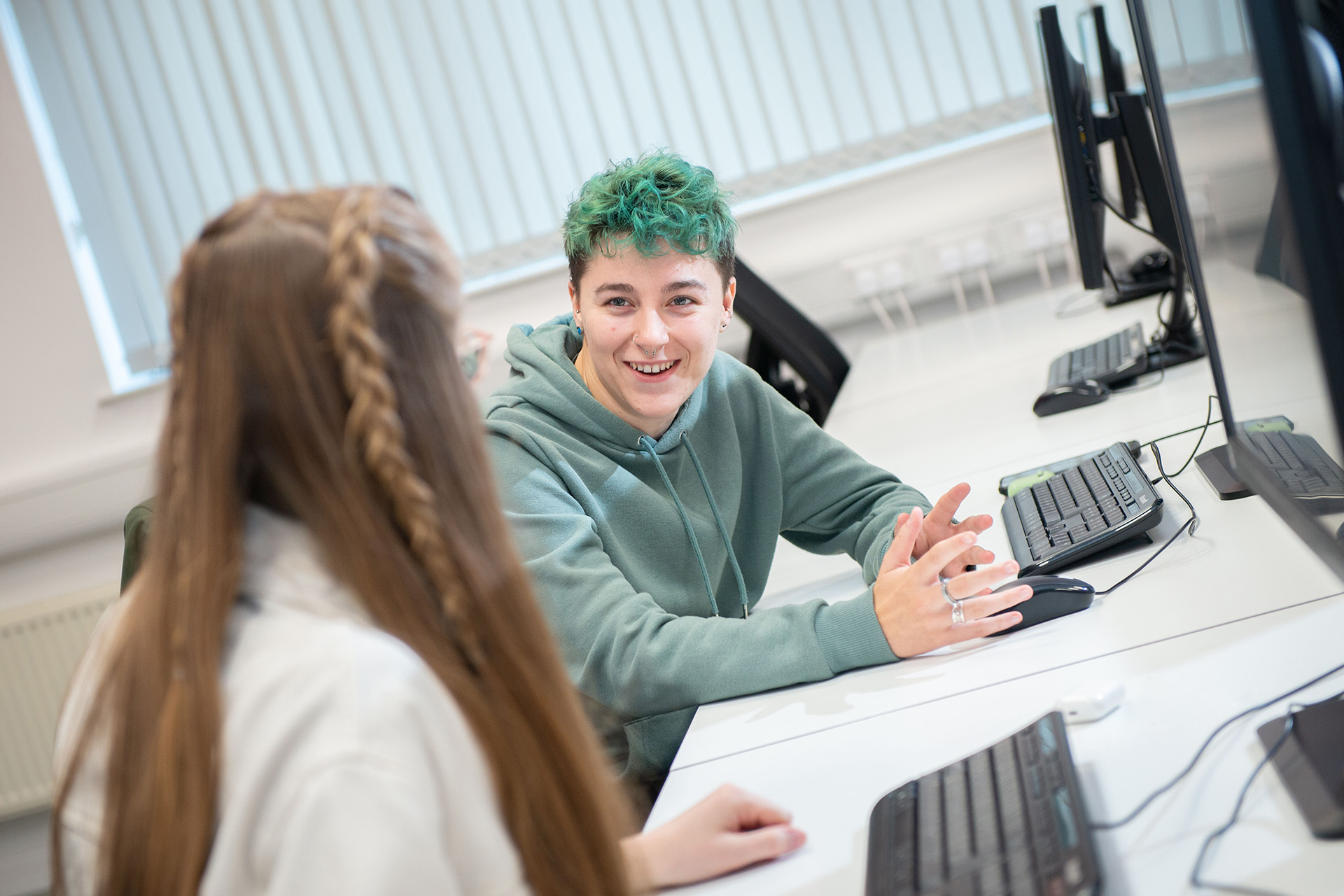Unwritten futures available now
Study at Hull
Join a university with a proudly progressive history. Find your undergraduate, postgraduate, short or CPD course at Hull now, and let’s write the future together.
Questions about studying at Hull?
Register on the UCAS Hub and complete the six sections: personal details, choices, education, employment, personal statement, and reference.
You can learn more about how to fill in your UCAS application here.
Virtual Tour
Visit our campus before you get here
See what it’s like to be a student at Hull before you arrive. Take our virtual tour now, and explore our campus, accommodation and city from the comfort of your own home.
Stay in touch
Got questions? We've got answers.
2023 Postgraduate Research Experience Survey for Postgraduate Research





